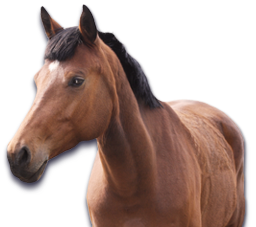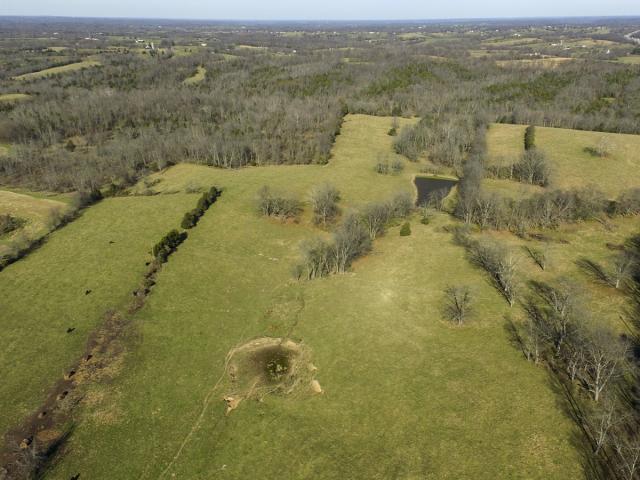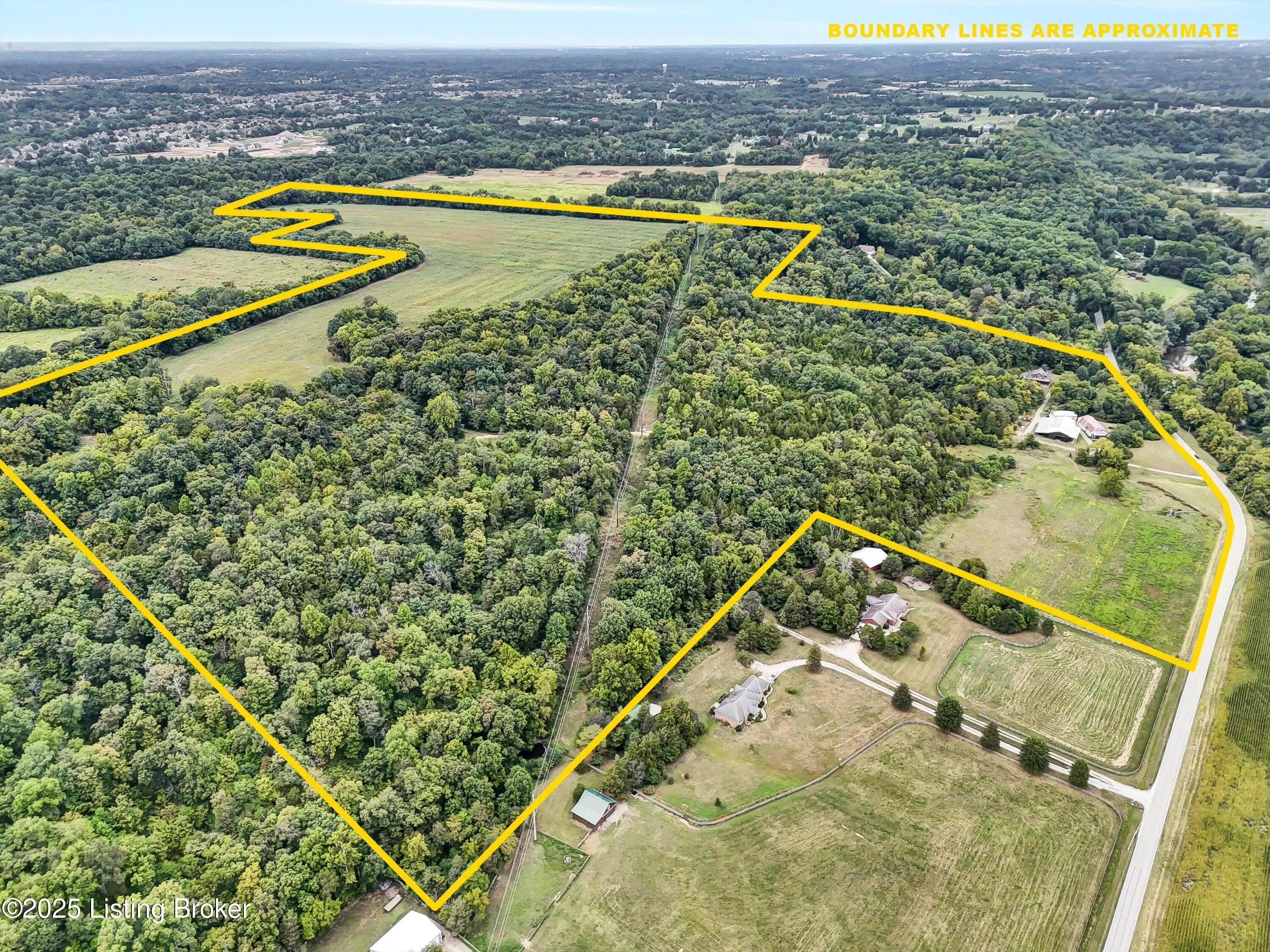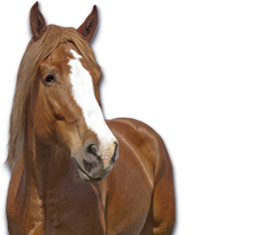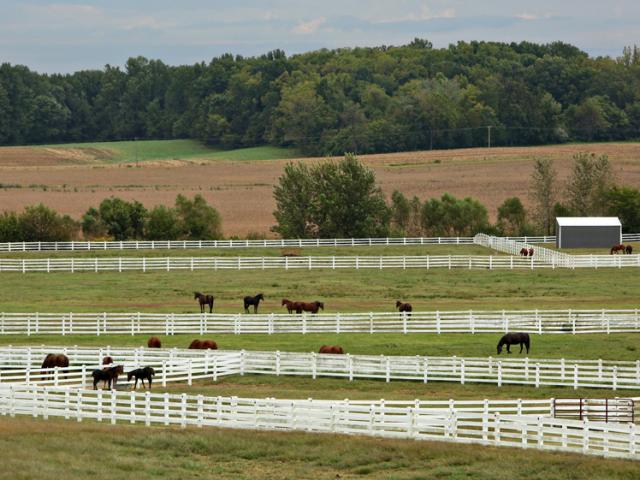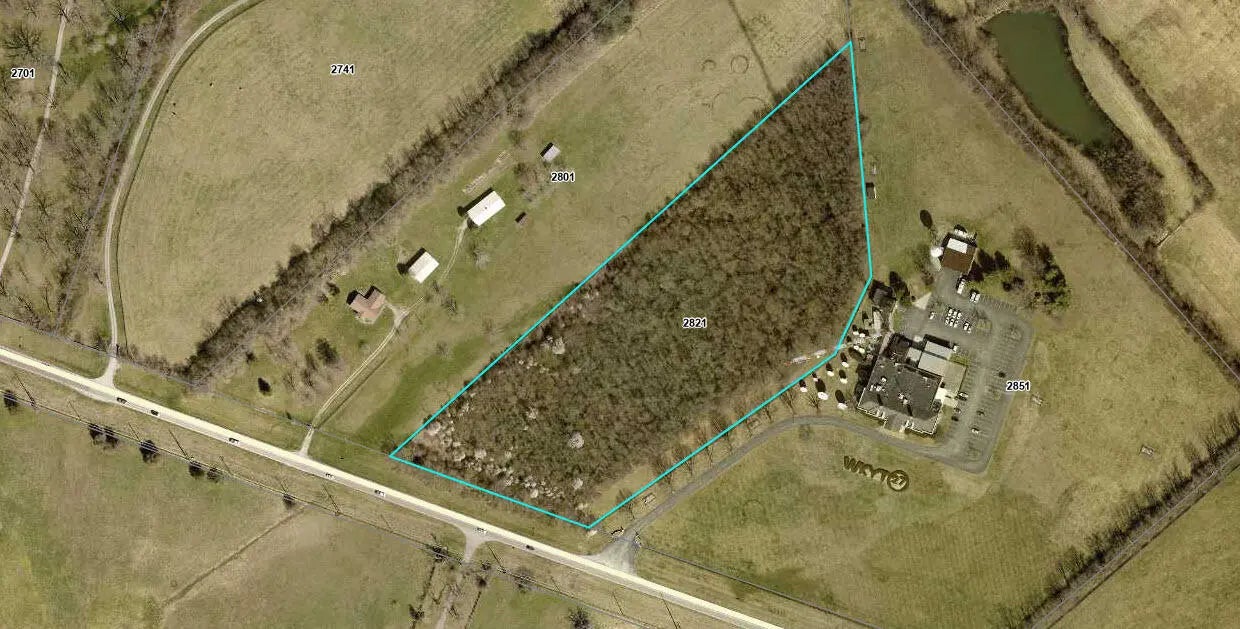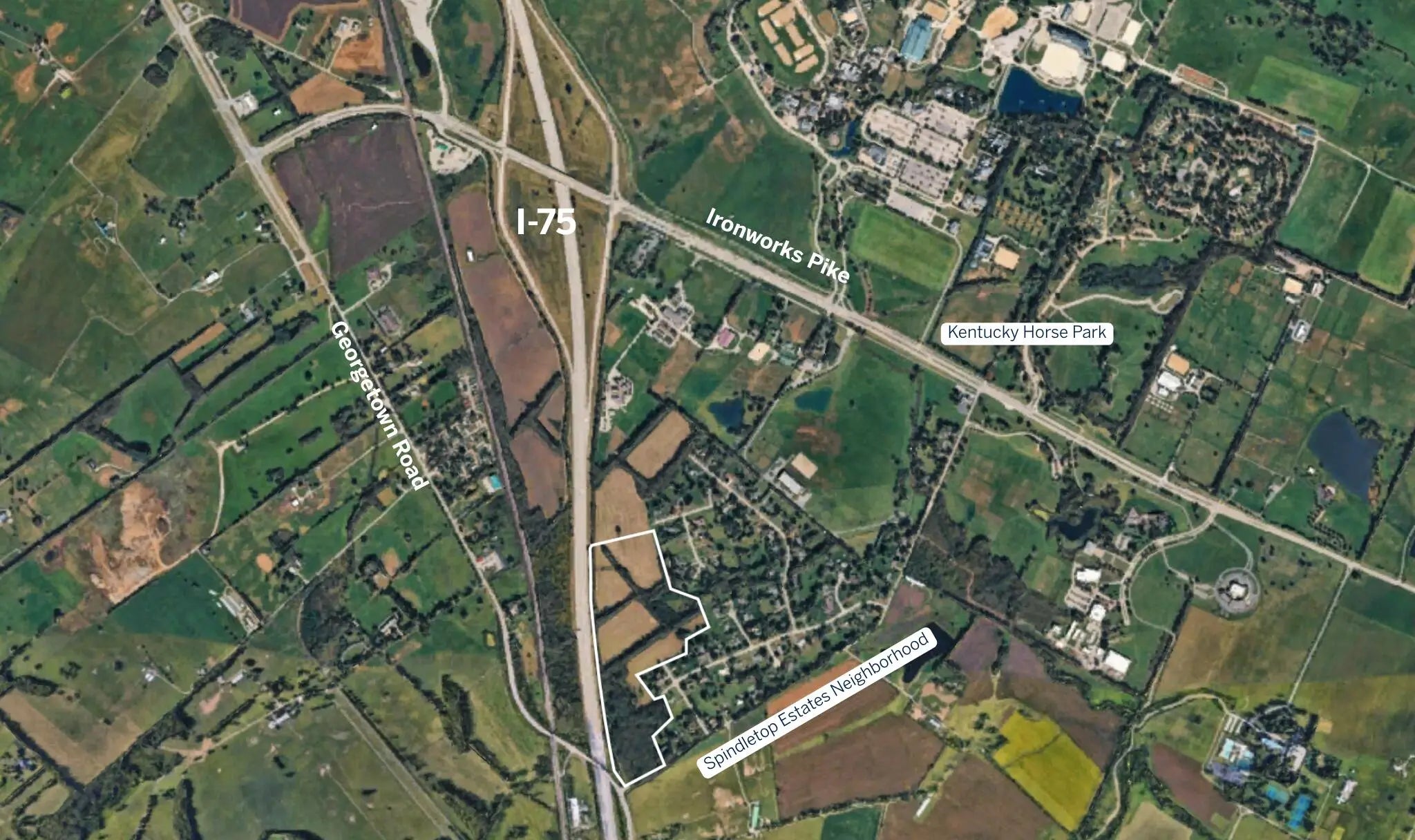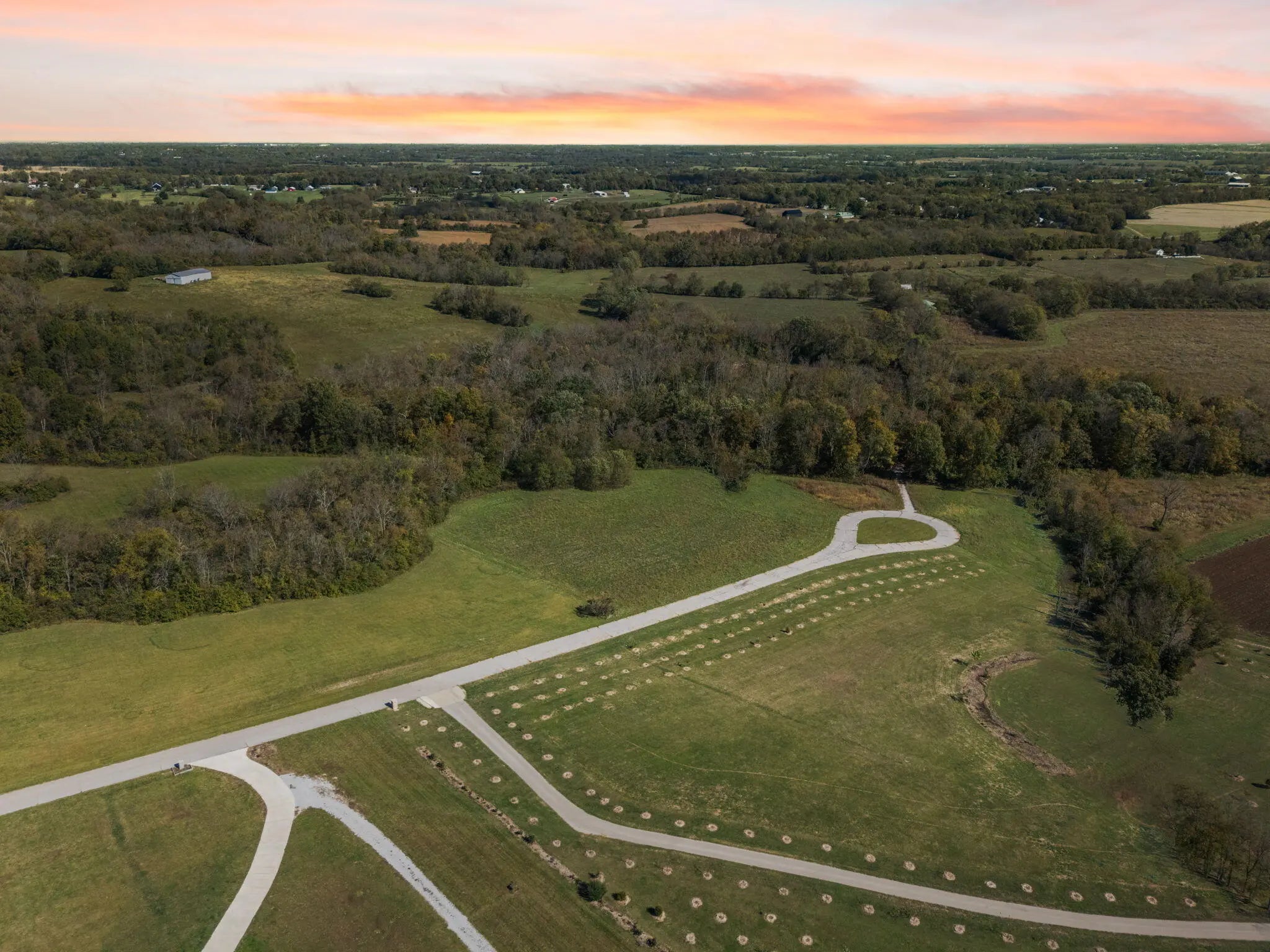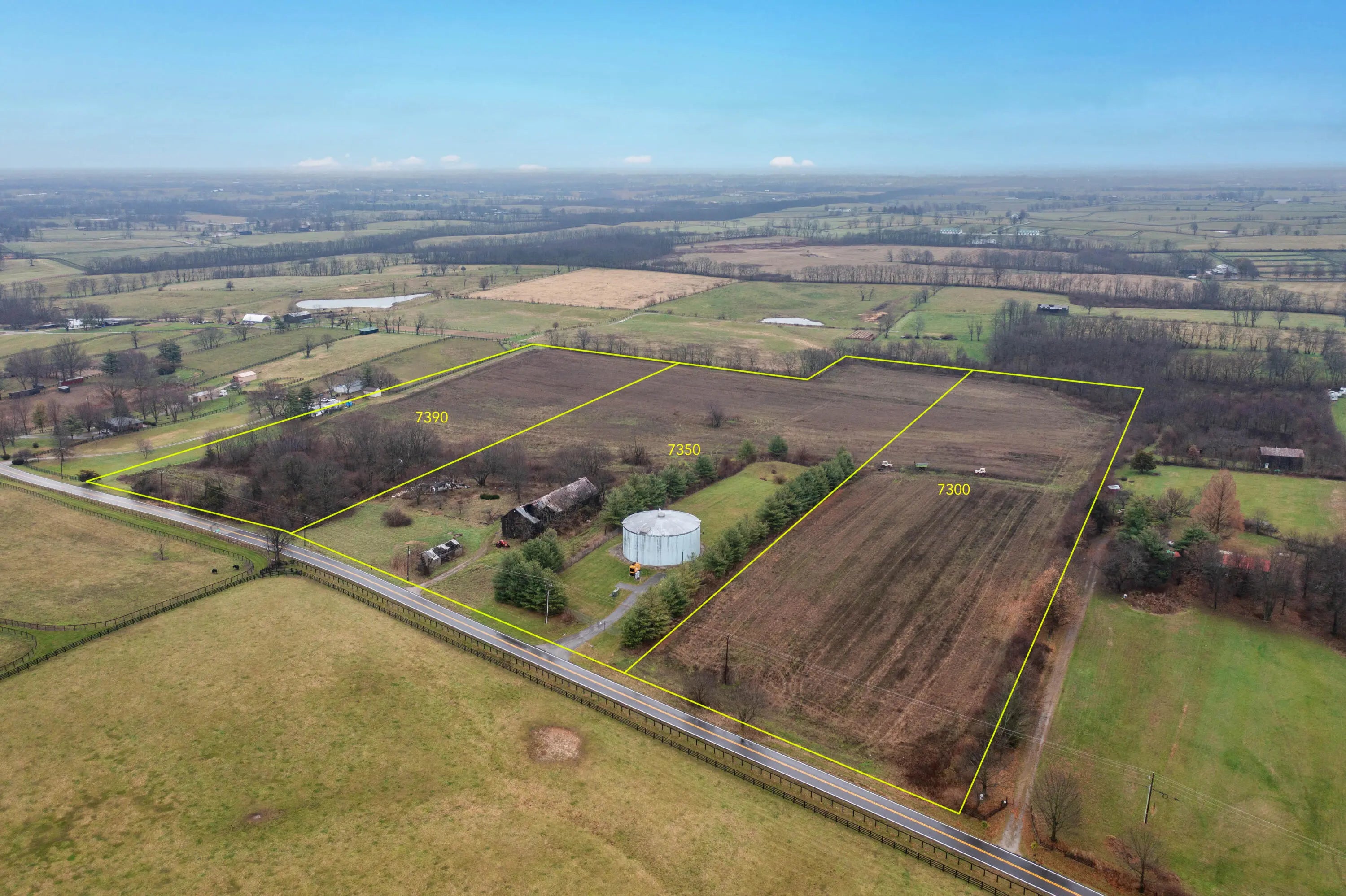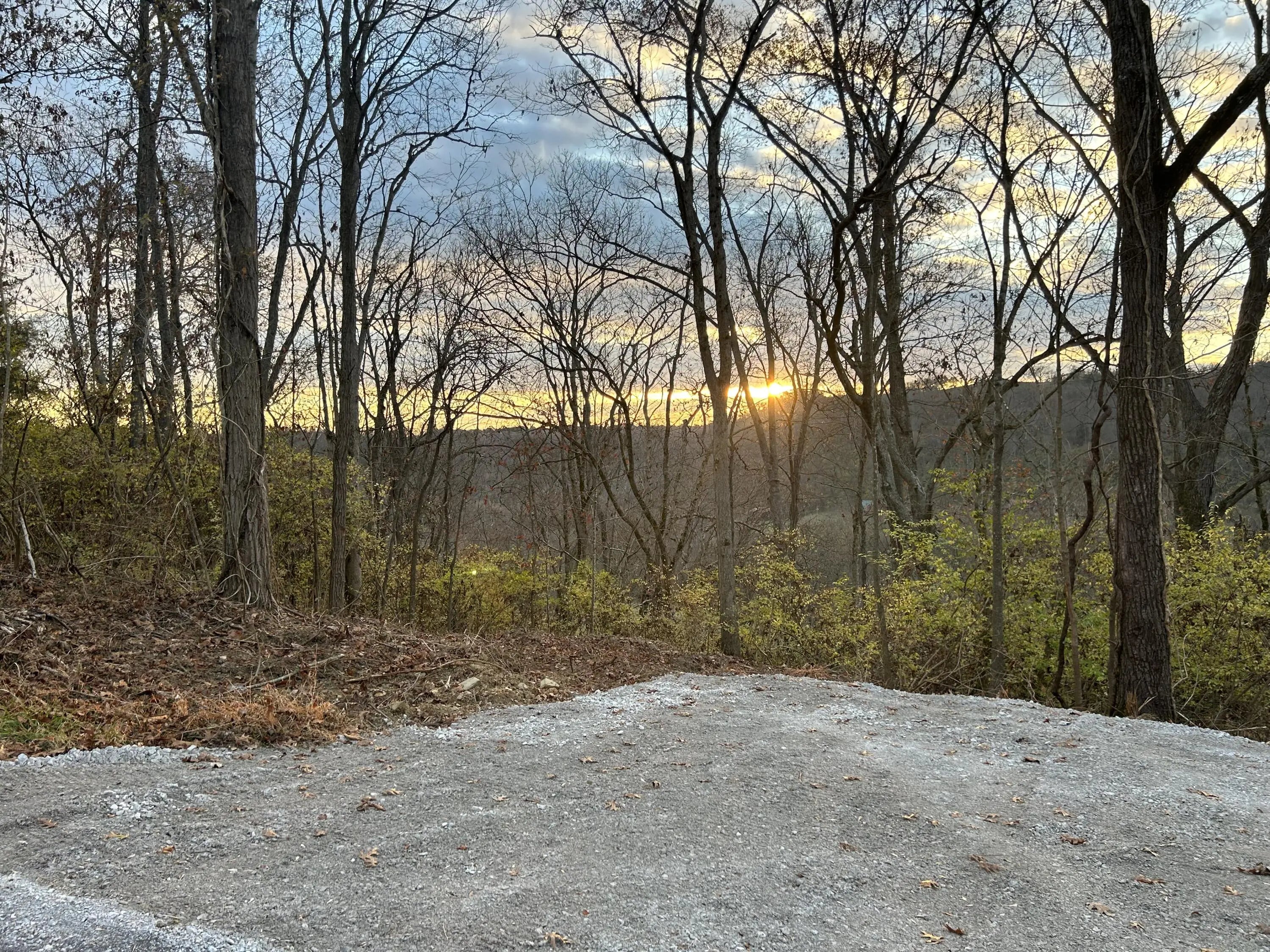Horse Breeders Incentives Audits Walking Horse Monies
Posted by Jennifer Karlen on Sunday, February 8th, 2009 at 9:47pm.
 I’m sure everyone is aware of the Kentucky Horse Breeders Incentives Fund.
Well, as with everything - if theres money involved, there are usually
persons looking to get more than their fair share. Kentucky regulators
are now investigating the Walking Horse persons that received monies
from the Horse Breeders fund. The director of the fund has requested
that the Kentucky Walking Horse Association provide letters of
certification that they did not knowingly distribute monies to those
persons that were trying to cheat the system to receive more money than
they would have normally be entitled to.
I’m sure everyone is aware of the Kentucky Horse Breeders Incentives Fund.
Well, as with everything - if theres money involved, there are usually
persons looking to get more than their fair share. Kentucky regulators
are now investigating the Walking Horse persons that received monies
from the Horse Breeders fund. The director of the fund has requested
that the Kentucky Walking Horse Association provide letters of
certification that they did not knowingly distribute monies to those
persons that were trying to cheat the system to receive more money than
they would have normally be entitled to.
One method of a “training” shortcut for the Walking Horse breed is to sore the horses feet/ankles/legs with caustic substances so that it provides a more exagerated movement. The technique is commonly referred to as “soring”. This type of behavior violated the US Department of Agriculture Horse Protection Act. And as such, persons that were caught violating the Act would not be elgibile for monies from the fund.
Over $700,000 has been distributed to the Kentucky Walking Horse Association members in the past 2 years from the horse breeding incentive fund. The regulators intend to check for violations by members. A violation for soring is an automatic 2 week suspension for scars on a horses feet, failure to submit to inspection, or only 1 sore leg. Its an automatic 8 month suspension for a horse to be sored in both legs.
All too often Walking horse competitors will refuse to show their horses at meets if USDA veterinarians are doing inspections - instead of the normal paid industry vets at the shows. 2 times this year at Kentucky Walking Horse Association shows, horses have been withdrawn from competition upon federal inspectors arriving on the show grounds. The Kentucky Walking horse participants feel that they are being treated unfairly and the interpretation by government regulartors of the Horse Protection Act is incorrect. One interesting statistic is that USDA vets identified 90 TIMES the number of violations that KWHA vets reported at horse shows in 2007.
.png)
